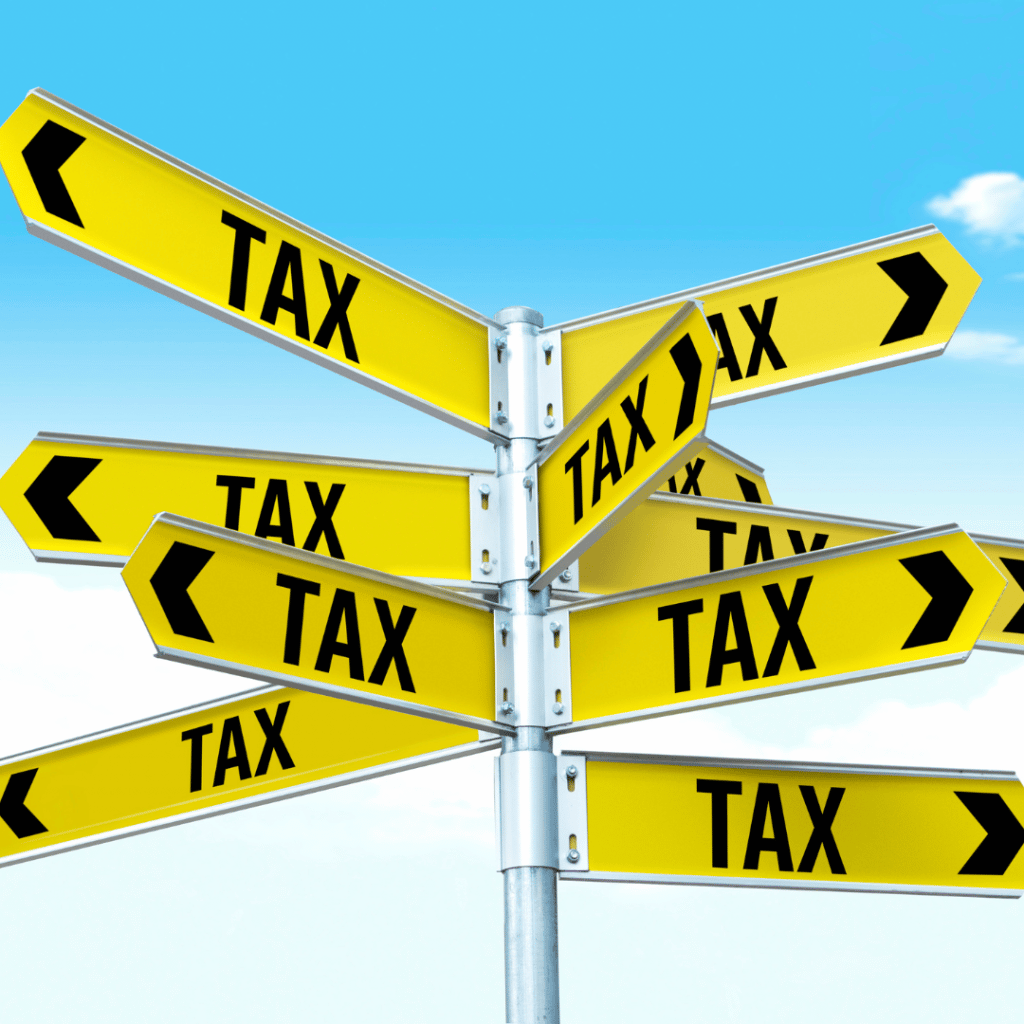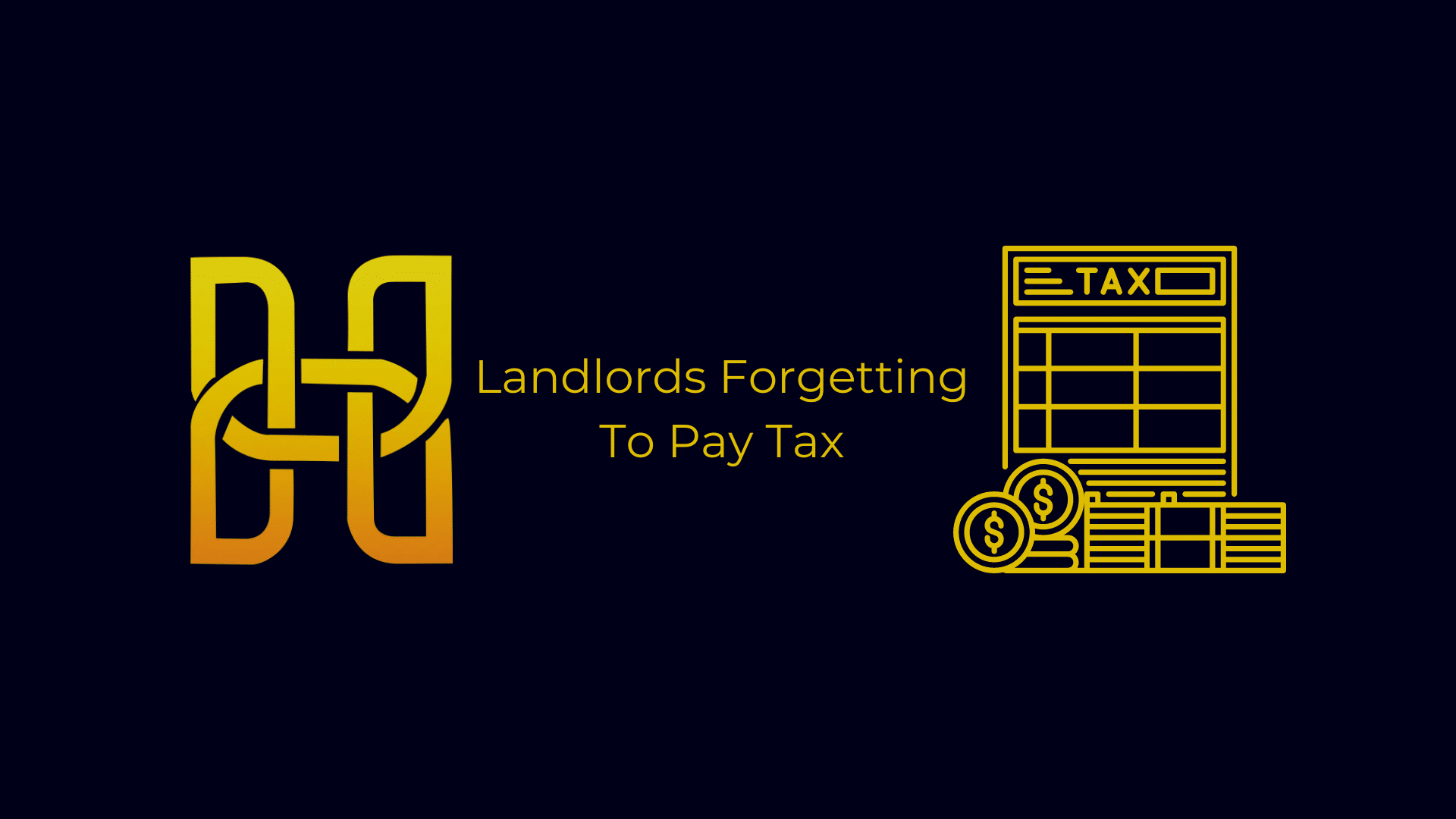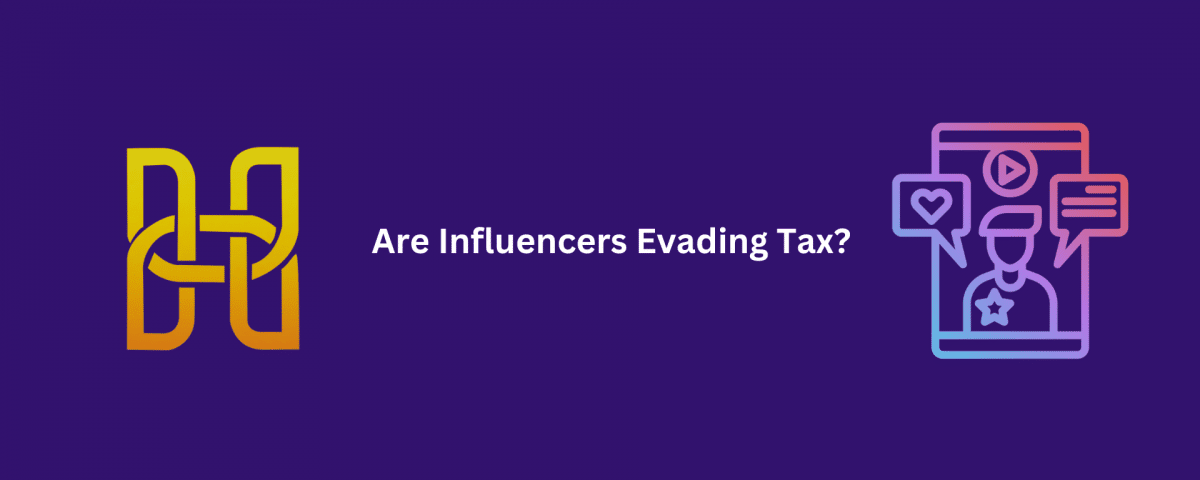
In recent news, HMRC is starting to clamp down on Influencers evading tax. Following a wave of ‘nudge letters’ sent out recently to prompt content creators, social influencers and online sellers suspected of avoiding tax.
Exponential Growth of Online Influencers
The rise of social media has transformed the way people consume information, interact with others, and make purchasing decisions. As a result, influencers have become a powerful force in marketing and advertising, with many of them earning substantial sums of money from brand deals and sponsored content.
However, with the growth of influencer marketing has come an increasing concern around tax compliance. The HM Revenue and Customs (HMRC) has been clamping down on social media influencers who are suspected of dodging tax, as it seeks to ensure that everyone pays their fair share.

Not Disclosing Earnings
Influencers who have not disclosed their earnings or have underreported their income are started to be audited. This is in line with the UK’s tax laws, which require individuals to pay tax on all their income, including earnings from social media activities.
This could of course be completely innocent and not seen as taxable income, but in some cases, income is soaring and if nothing is disclosed, it leaves these individuals in a scary situation.
There are several ways the HMRC has in identifying social media influencers who may be underreporting their income or not disclosing it at all. For example, it can use data mining and social media monitoring tools to identify influencers who have received payment for sponsored content but have not declared it on their tax returns.
The HMRC has also been collaborating with social media platforms to identify influencers who are not complying with tax laws. For example, Instagram has introduced a new feature that allows influencers to disclose sponsored content on their posts, and the HMRC can use this information to cross-check against tax returns.

Tax Evasion Consequences
The consequences of not complying with tax laws can be severe. Social media influencers who are found to be dodging tax could face fines, penalties, or even legal action. In addition to the financial impact, being publicly named and shamed for tax evasion can also damage an influencer’s reputation and affect their ability to secure future brand deals.
Therefore, it’s important for social media influencers to ensure that they are compliant with tax laws and regulations. This means keeping accurate records of all income, including earnings from sponsored content, and disclosing this information on their tax returns.
In conclusion, the HMRC are cracking down on social media influencers who are suspected of evading tax. Influencers should be aware of their tax obligations and take steps to ensure compliance, or they risk facing serious consequences. By being transparent about their earnings and disclosing all income on their tax returns, influencers can protect themselves and their businesses while also maintaining their reputation and credibility with their followers. At HUSA Accountants, we have all the knowledge and expertise to take this stressful job off an influencer’s hands. To see how our specialist services can help click the button below:






